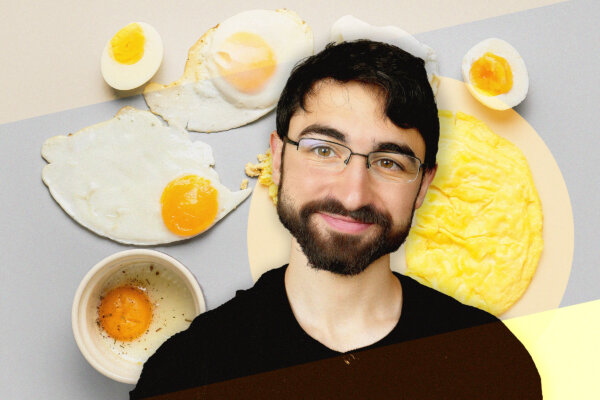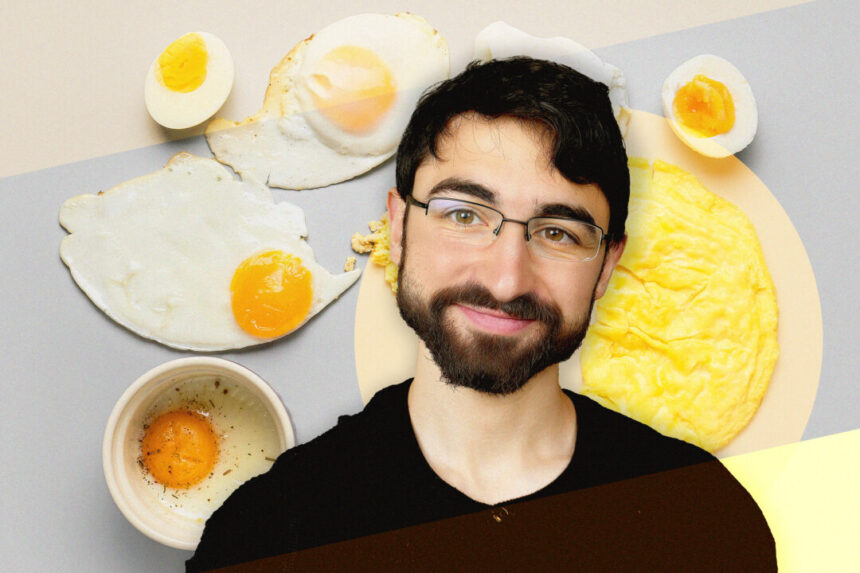
The power of N=1 science lies in its ability to empower individuals to become citizen scientists and reshape the future of healthcare. Harvard medical student Nick Norwitz, with a doctorate in physiology from Oxford, recently conducted a personal health experiment that gained widespread attention. In just one month, he consumed 720 eggs, averaging 24 eggs per day, and observed an 18 percent decrease in his LDL cholesterol levels, commonly known as “bad cholesterol.”
This experiment was not about promoting an extreme egg diet but rather about showcasing the trend of personalized, real-world experiments known as N=1 studies. These studies allow individuals to answer pressing health questions and understand how specific interventions affect their unique health profiles. Norwitz’s experiment highlighted the shift towards a more individualized approach in the scientific community, enabling people to take control of their health.
By tracking personal metrics like blood sugar, cholesterol, and body weight, individuals can monitor the effects of interventions such as dietary changes, exercise routines, or medications. This personalized approach, known as N=1 science, empowers individuals to become “citizen scientists” and tailor their health choices to suit their own bodies.
Technological advancements have played a significant role in the growth of N=1 science by enabling individuals to collect and analyze their own health data. Wearable devices, apps, and home lab tests have made continuous health monitoring and experimentation more accessible to the public.
While N=1 science provides valuable insights tailored to personal experiences, it is important to acknowledge its limitations and potential risks. Personal experiments may be influenced by placebo effects, bias, and confounding variables, making it challenging to draw definitive conclusions. Therefore, N=1 science should be seen as complementary to traditional research methods.
Despite the enthusiasm for N=1 science, funding remains a major barrier to its progress. Traditional medical research frameworks often prioritize large, pharmaceutical-sponsored studies over personalized approaches like lifestyle medicine. Researchers like Norwitz are navigating these challenges by using social engagement to attract potential funders and support their research.
The rise of N=1 science marks a shift in how we approach medical research and healthcare. By adopting a personalized approach to health interventions, individuals can uncover what works best for their unique biology. This collaborative, individualized future for medicine holds the promise of fast-tracking medical discoveries and refining health solutions beyond the capabilities of traditional research alone.






